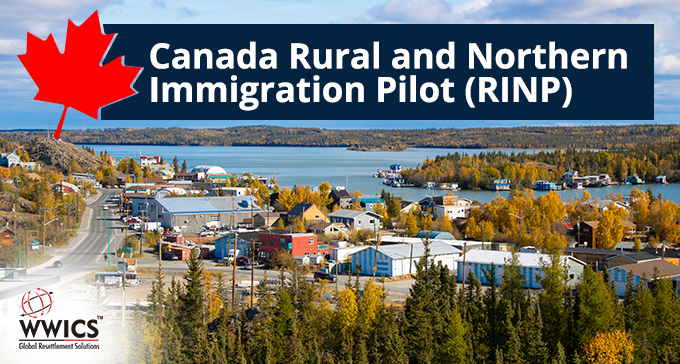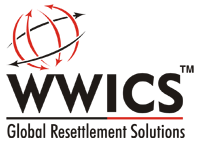
The Rural and Northern Immigration Pilot (RINP) is a community-driven program designed by the Government of Canada to promote the economic immigration to small and remote communities in Ontario, Western Canada and the three territories by creating a pathway towards permanent residence for skilled foreign workers.
The community-driven Rural and Northern Pilot builds on the success of the Atlantic Immigration Pilot Program (AIPP) and is designed to facilitate permanent residence for foreign workers of various skill levels in eligible communities in the provinces and territories.
Immigration, Refugees and Citizenship Canada (IRCC) says that communities looking to participate in the Rural and Northern Immigration Pilot need to meet certain eligibility criteria like the communities can be either a city with a maximum population of 50,000 situated at least 75 kilometers from the center of a metropolitan area of 100,000 or more, or a city of a maximum of 200,000 people that qualifies as remote.
Rural and Northern Immigration Pilot — Participating Communities
| Community | Community website |
|---|---|
| North Bay, Ontario | Coming soon |
| Sudbury, Ontario | Coming soon |
| Timmins, Ontario | Coming soon |
| Sault Ste. Marie, Ontario | www.welcometossm.com |
| Thunder Bay, Ontario | www.gotothunderbay.com |
| Brandon, Manitoba | www.economicdevelopmentbrandon.com |
| Altona/Rhineland, Manitoba | www.seedrgpa.com |
| Moose Jaw, Saskatchewan | Coming soon |
| Claresholm, Alberta | www.claresholm.ca |
| Vernon, British Columbia | https://rnip-vernon.ca |
| West Kootenay (Trail, Castlegar, Rossland, Nelson), British Columbia | Coming soon |
Who can apply?
In order to be eligible for the Rural and Northern Immigration Pilot Program (RNIP), potential candidates need to meet all IRCC eligibility requirements as well as requirements established by the participating community. The candidate must:
- have a recommendation from one of the designated communities
- have one year of qualifying work experience in the past three years (a minimum of 1,560 hours) or have graduated from a publicly funded post-secondary institution in the recommending community
- have a genuine job offer to work in one of the designated communities – The wage must meet the minimum wage listed for that NOC in the Canada Job Bank and the candidates’ previous experience must demonstrate that they can perform the duties of the job offered
- meet or exceed the educational requirements- A Canadian high school diploma or the foreign equivalent with an Educational Credential Assessment (ECA) report from a designated organization
- meet or exceed the language threshold for the NOC skill type/level of the job being offered. The minimum requirements for each NOC skill type/level are as follows:
- NOC 0 and A: Minimum language score of a CLB 6 is required
- NOC B: Minimum language score of a CLB 5 is required
- NOC C and D: Minimum language score of a CLB 4 is required
- intend to live in the community; and
- prove that he/she has sufficient funds to support their and their family’s transition into the community. The minimum required amount is as follows:
| Number of family members | Funds required (in Canadian dollars) |
|---|---|
| 1 | $8,722 |
| 2 | $10,858 |
| 3 | $13,348 |
| 4 | $16,206 |
| 5 | $18,380 |
| 6 | $20,731 |
| 7 or more | $23,080 |
NOTE: Those candidates, who are working legally in Canada at the time of application, do not need to meet the settlement funds requirement.
Find out if you are eligible for Canadian immigration Under RINP!!
To find out if you’re eligible for immigration to Canada under RINP, simply complete our FREE ASSESSMENT FORM ! A member of the WWICS team will review your eligibility and contact you to discuss your options to immigrate to Canada!

